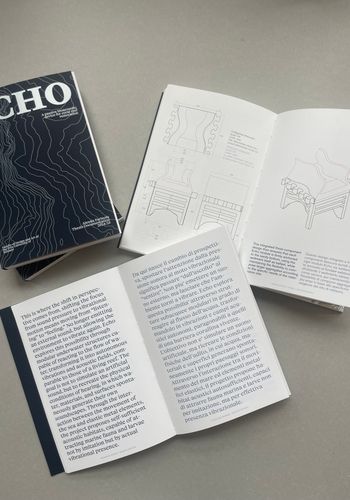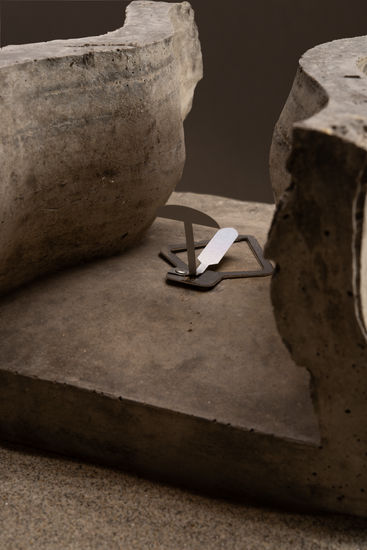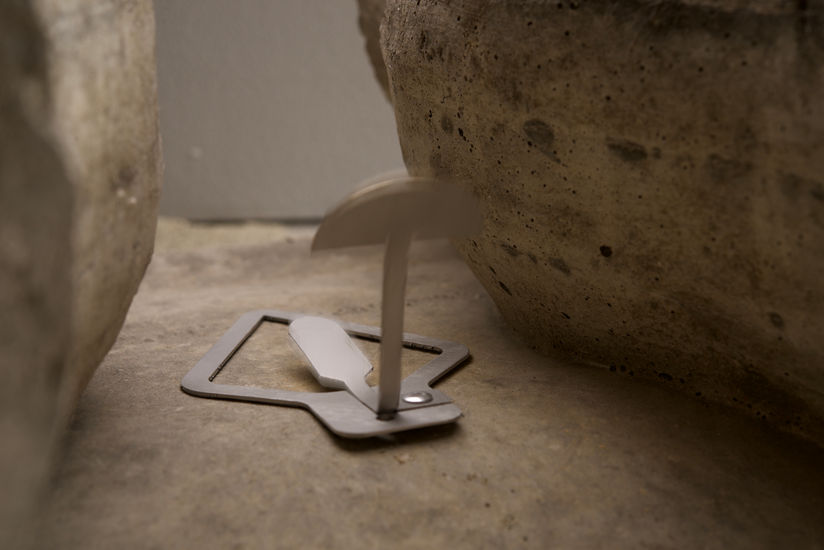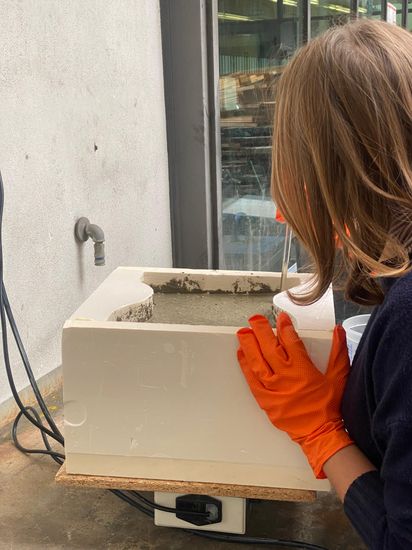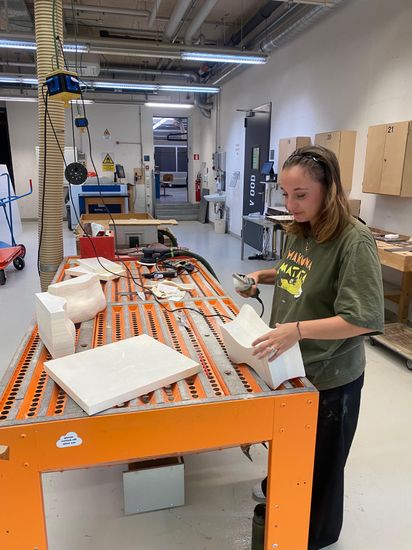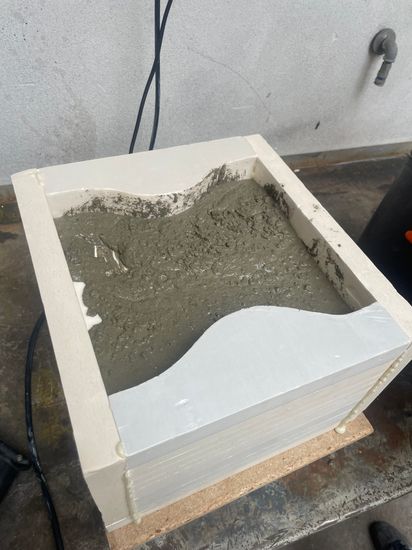Renders of the installation and possible structure modifications under the conditions the structure would be exposed to.
ECHO - a passive bioacustic device for coral reef restoration
Alessia Farinola
Coral reefs are experiencing rapid degradation driven by climate change, ocean acidification, overfishing, and pollution. Conventional restoration approaches, such as coral transplantation and artificial substrates, offer structural recovery but overlook the sensory complexity of reef ecosystems.
In particular, the acoustic component, fundamental to habitat recognition and recolonization, remains largely neglected. Healthy reefs produce vibrant soundscapes composed of fish calls, crustacean snaps, and hydrodynamic noise that guide marine organ- isms.
When reefs degrade, this sonic activity collapses, creat- ing “silent” environments that hinder ecological recovery even in the presence of physical restoration.
This thesis presents Echo, a passive bioacoustic device designed to regenerate the lost auditory dimension of coral habitats.
The shapes and components of the device utilize water flow to convert hydrodynamic energy into relevant particle motion and frequencies without external power or maintenance.
Echo positions sound as a vital yet underutilized ecological driver.
It aims to attract marine life, facilitate coral–fish interactions, and stimulate natural recolonisation processes, advancing a sensory inclusive paradigm for marine habitat restoration.
Designing using cardboard and 3D models.
Polystyrene mold to cast the concrete base.
Creating hydrophones and accelerometers from scratch to record experimental data.
Testing the system both in the river and in the tank.
Documentation
